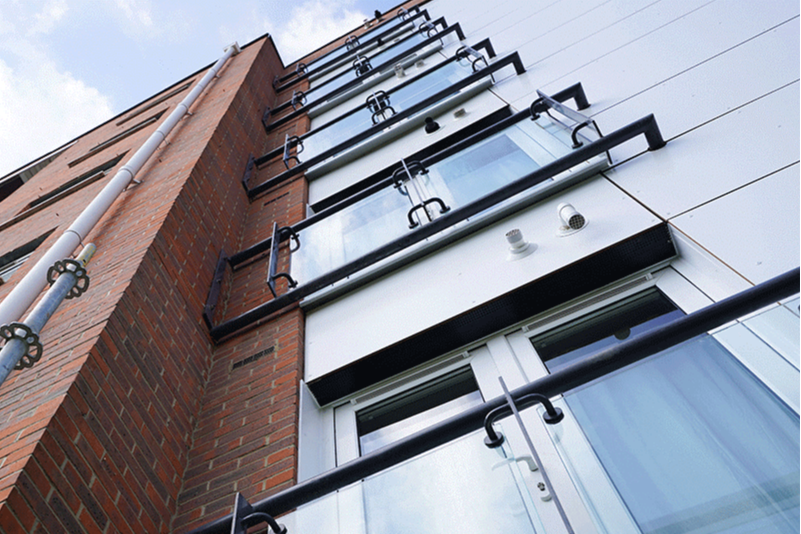This week we tackle sustainability (M009), an APC mandatory competency
Sustainability competencies test a range of your skills, including professional practice, business, interpersonal and management, and you need all of them to be a chartered surveyor. As a mandatory competency, sustainability only needs to be demonstrated to level 1. But note that it is also an optional competency for some qualification routes that can be achieved at level 2 and 3.
If you recall from previous articles, assessors are trained to ask questions that ascertain candidate’s progress against the three APC competency levels:
Level 1 knowledge and understanding (‘knowing’)
Level 2 application of knowledge and understanding (‘doing’)
Level 3 reasoned advice and depth of technical knowledge (‘advising’)
The following questions are typical of those that could be reasonably expected at Final Assessment.
Level 1
Question What regulations and codes of practice govern the construction industries approach to sustainability?
Answer The candidate should demonstrate a broad appreciation of some of the awareness of following:
- The Building Regulations
- Code for Sustainable Homes
- PPS22 Renewable Energy
- Energy Certification of Buildings
- Site Waste Management Plans
- BREEAM Assessment
- Etc
Level 2
Question What is the purpose of Site Waste Management Plans and when do they apply?
Answer The candidate would be expected to know that from 6 April 2008 it became compulsory for contractors to prepare a Site Waste Management Plan for any construction project with an estimated cost over £300,000. Slightly different rules apply to jobs with a value over £500,000.
The idea is that, by becoming aware of how much waste is being produced, contractors then take steps to minimise and reduce it. A person is made responsible for firstly estimating, and then recording how much waste is produced and recycled during the job. The Plan must be regularly updated and lessons learnt as the job proceeds.
Level 3
Question How could a house builder improve the sustainability performance of the houses they build and how could this be proven by them?
Answer The Code for Sustainable Homes is a voluntary standard to guide industry in the design and construction of sustainable homes. The Code uses a sustainability rating system – indicated by stars, to communicate the overall sustainability rating of a home. A rating of one (*) to six (******) stars depending on the extent to which it has achieved Code standards. One star is entry level – above the Building Regulations and six stars is the highest level – reflecting exemplary development in sustainability terms.
The Code complements the system of Energy Performance Certificates (EPC) that also provides key information about the energy efficiency/carbon performance of a home.
In terms of practical measures that can be taken, the candidate would be expected to demonstrate an appreciation of some of the following:
- Insulation – reduce heat loss through building fabric
- Household waste storage – encourage recycling
- Drying space – allowing clothes to be dried without energy use
- Internal lighting – use energy efficient fittings
- Ecolabelled white goods
- Low or Zero Carbon Techonology – use local renewable or low carbon energy
- Cycle storage – providing secure cycle storage
- Home office – providing quiet rooms for home working
- External water storage – e.g. using water butts for external irrigation/watering
- Responsible sourcing of materials
- Composting facilities
- Etc
Postscript
Building's APC advice is intended as a guideline only and should not replace your own study























